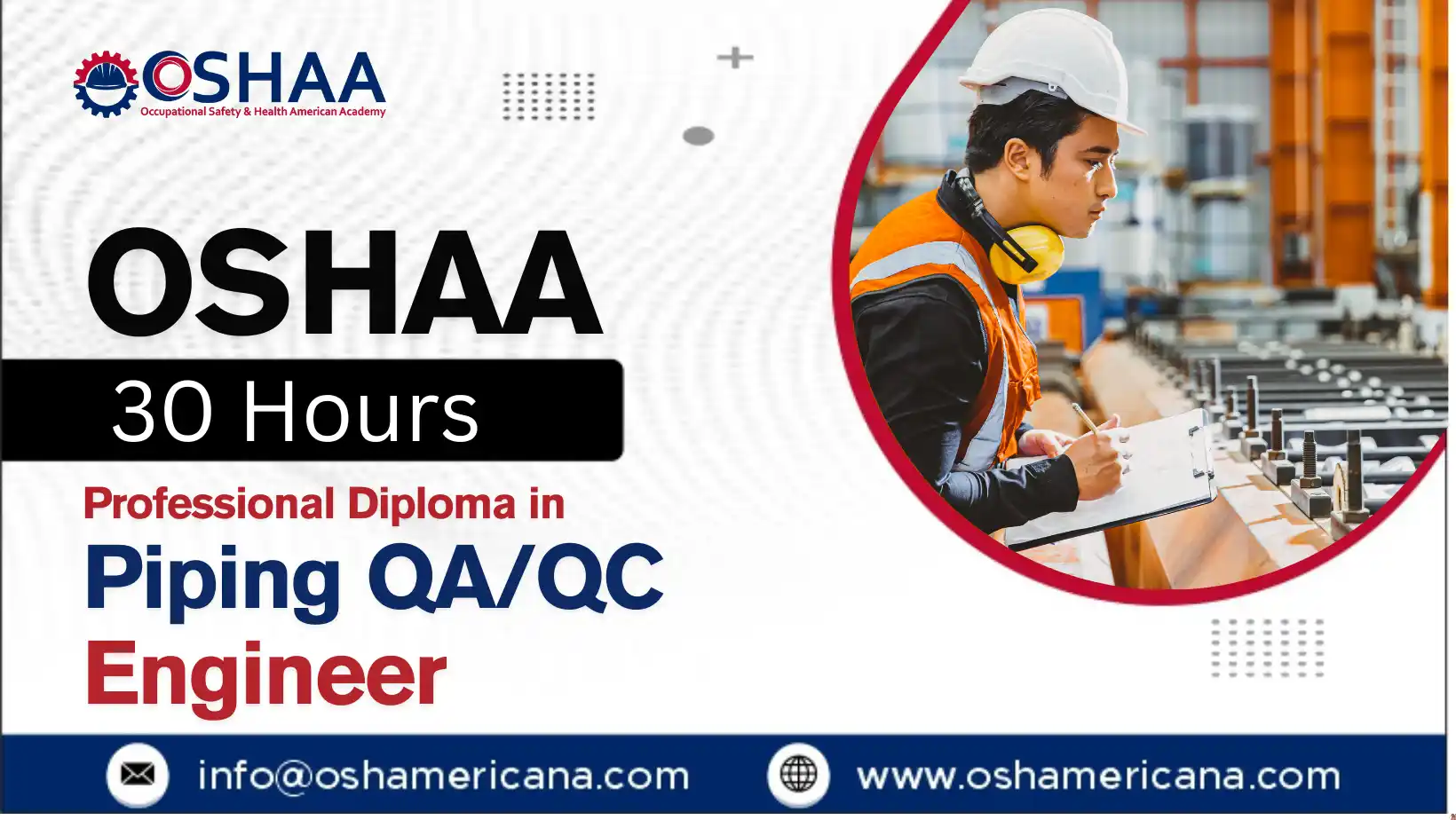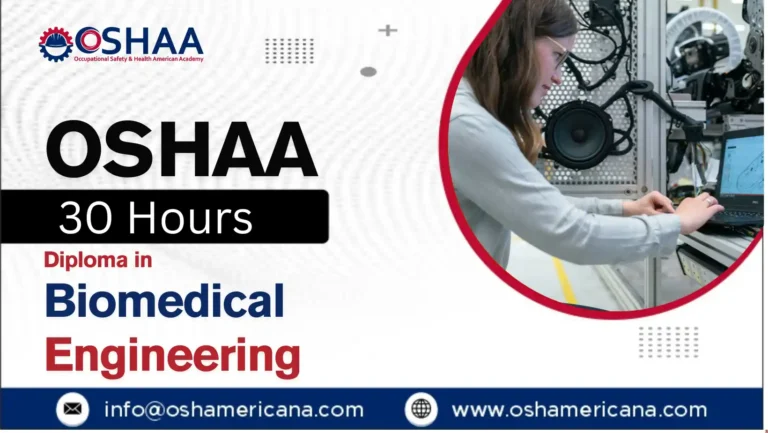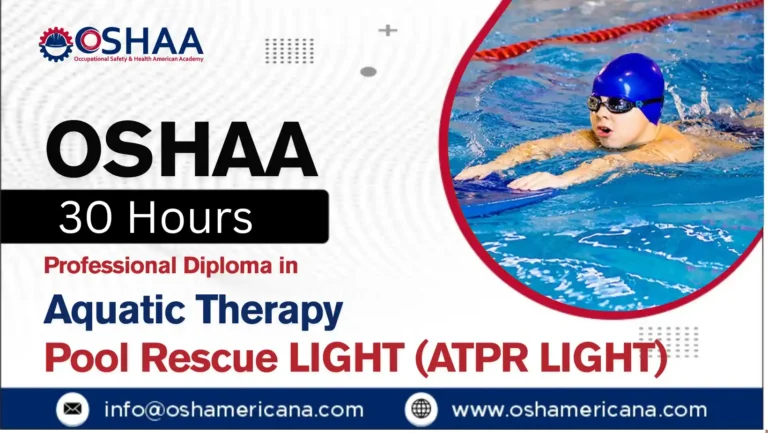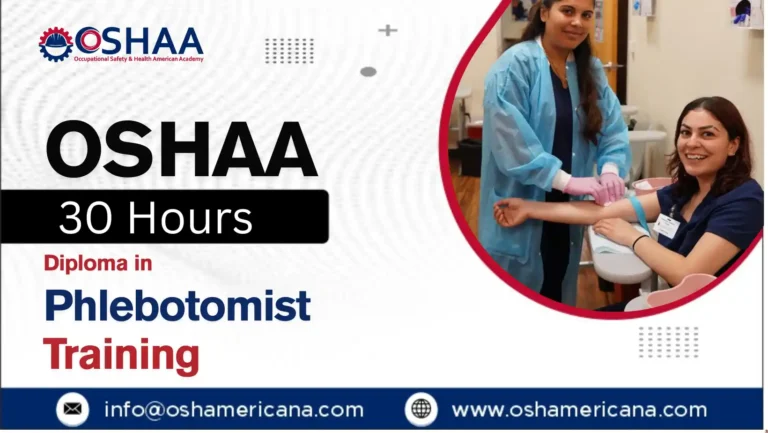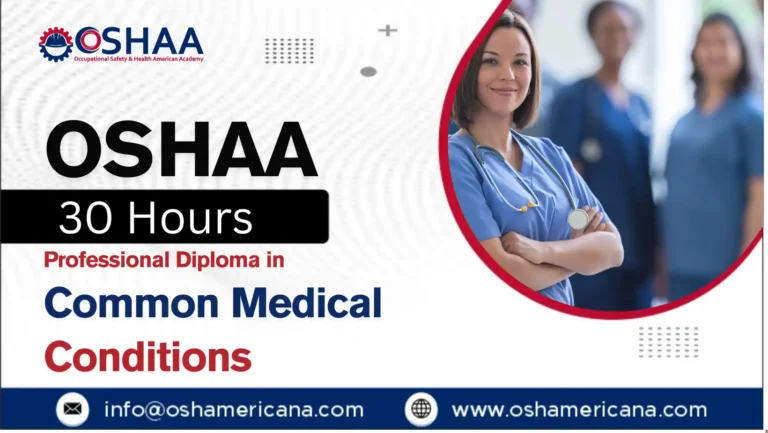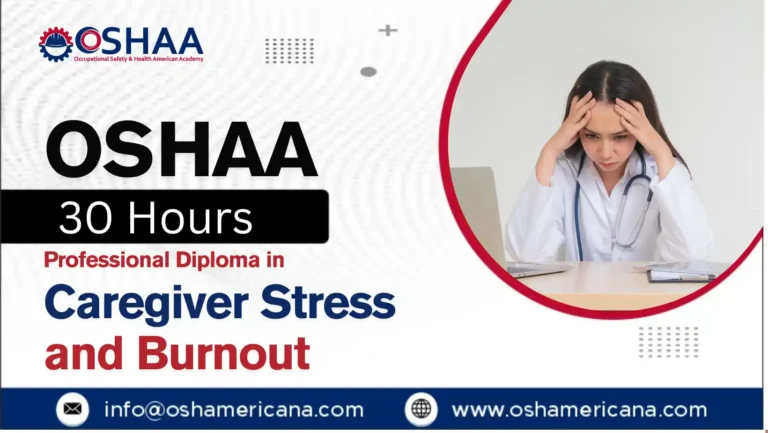The OSHAA 30-Hours Professional Diploma in Piping QA/QC Engineer is a focused and professionally aligned programme developed and awarded by OSHAA, a recognised awarding body committed to high standards in technical and vocational education. This diploma is designed for participants who wish to build a strong foundation in the quality assurance and quality control processes specific to piping systems used in industrial environments.
Piping systems are central to many industrial operations, and maintaining their quality is critical to project success and safety. The OSHAA Piping QA/QC Engineer diploma is structured to provide participants with comprehensive exposure to inspection techniques, quality documentation, regulatory requirements, and welding processes.
This diploma is suitable for participants currently working in or aspiring to enter QA/QC roles within piping-focused projects. It is particularly valuable for mechanical engineers, quality inspectors, supervisors, fabrication professionals, and individuals aiming to strengthen their technical profile in quality assurance and control.
The OSHAA diploma supports participants in securing roles such as piping QA/QC engineer, site quality inspector, welding coordinator, or fabrication supervisor. It also acts as a stepping stone for further qualifications in advanced inspection methods, welding inspection, or quality systems auditing.
The OSHAA 30-Hours Professional Diploma in Piping QA/QC Engineer delivers essential knowledge and practical tools for ensuring the quality and compliance of piping systems in complex industrial operations. Through expert-designed content and a commitment to professional standards, this course prepares participants to take on critical quality roles with confidence and competence.
OSHAA 30-Hours Professional Diploma in Piping QA/QC Engineer
Study Units
Learning Outcomes
Introduction to Piping QA/QC Engineering (2 Hours)
- Understand the role and responsibilities of a QA/QC engineer in piping projects
- Recognise the importance of quality assurance and quality control in industrial environments
- Identify the stages of quality management throughout the piping lifecycle
- Gain familiarity with key QA/QC terminology and workflow
Piping Materials, Components, and Fabrication Methods (3 Hours)
- Identify common piping materials and their characteristics
- Understand the function of piping components such as flanges, elbows, valves, and gaskets
- Explain various fabrication processes including cutting, welding, and bending
- Assess how material selection impacts performance, durability, and quality
International Codes and Standards: ASME, API, ISO (4 Hours)
- Interpret the structure and application of international piping standards
- Apply ASME, API, and ISO codes in quality control and inspection processes
- Understand compliance requirements in different industrial contexts
- Evaluate materials and fabrication work against global quality benchmarks
Welding Processes and Procedure Qualification (4 Hours)
- Understand various welding techniques used in piping fabrication
- Interpret Welding Procedure Specifications (WPS) and Procedure Qualification Records (PQR)
- Identify weld defects and understand their causes and implications
- Ensure welding compliance with applicable codes and project requirements
Non-Destructive Testing (NDT) Techniques and Applications (4 Hours)
- Explain the principles and objectives of NDT in piping systems
- Identify common NDT methods such as RT, UT, MT, and PT
- Select appropriate NDT techniques based on material, weld type, and defect probability
- Interpret NDT results for quality decision-making and compliance reporting
Piping Isometrics and Technical Drawing Interpretation (3 Hours)
- Read and interpret piping isometric drawings and general arrangement diagrams
- Identify key elements such as line numbers, elevations, weld joints, and material codes
- Correlate drawings with physical installations and inspection requirements
- Use technical drawings for planning and executing QA/QC activities
Inspection and Test Plans (ITPs) in Piping Projects (5 Hours)
- Understand the purpose and structure of ITPs in quality management
- Develop ITPs based on project scope, codes, and client specifications
- Define hold points, witness points, and control stages within the inspection cycle
- Coordinate with contractors, inspectors, and clients to implement ITPs effectively
Identification of Fabrication Defects and Site Quality Issues (2 Hours)
- Recognise common fabrication and site-related quality defects
- Apply inspection techniques to detect issues such as misalignment, corrosion, and improper welds
- Assess defect severity and recommend corrective actions
- Contribute to root cause analysis and quality improvement strategies
QA/QC Documentation: WPS, PQR, NDT Reports, and Records (3 Hours)
- Understand the purpose of quality documentation in piping projects
- Accurately review and verify WPS, PQR, NDT reports, and material certificates
- Maintain traceable and audit-ready records for inspections and tests
- Support project handover and compliance audits through effective documentation practices
The OSHAA 30-Hours Professional Diploma in Piping QA/QC Engineer provides participants with a professionally recognised qualification that enhances their technical competence, industry credibility, and career prospects in quality-focused engineering roles. This course is tailored to meet the growing demands of industries that rely on high-performance piping systems and strict compliance with international quality standards.
- Receive a professional certification awarded by OSHAA, aligned with UK and international occupational standards
- Build a strong foundation in QA/QC practices specific to piping systems, welding, and inspection procedures
- Gain the ability to interpret and apply globally recognised codes such as ASME, API, and ISO in real-world scenarios
- Develop hands-on understanding of welding procedures, material inspection, and fabrication methods
- Learn to read and analyse piping isometrics, general arrangement drawings, and technical schematics
- Acquire practical skills in applying non-destructive testing (NDT) methods and interpreting test results
- Improve proficiency in preparing and managing essential QA/QC documents including WPS, PQR, and inspection reports
- Enhance effectiveness in developing and implementing inspection and test plans (ITPs)
- Strengthen readiness to identify, assess, and report on fabrication defects and site quality issues
- Boost career progression into QA/QC engineer, site inspector, or quality coordinator roles in oil and gas, petrochemical, construction, and industrial sectors
This diploma equips participants with the competence, confidence, and certification to support quality-driven operations across diverse piping projects, both nationally and internationally.
The OSHAA 30-Hours Professional Diploma in Piping QA/QC Engineer is designed for participants who are involved in or aspiring to work within quality assurance and quality control functions related to industrial piping systems. It is particularly relevant for those seeking to strengthen their technical skills and understanding of compliance requirements in sectors where piping quality is critical to safety and performance.
This course is suitable for:
- Participants currently working in piping, fabrication, or construction who wish to transition into QA/QC roles
- Mechanical engineers and site supervisors seeking to expand their quality control expertise
- Quality inspectors aiming to formalise their practical experience with a professional qualification
- Individuals involved in welding, non-destructive testing (NDT), or inspection documentation
- Professionals responsible for quality planning, audits, or project handover processes in piping-related projects
- Participants preparing for roles in oil and gas, petrochemicals, power generation, or industrial infrastructure sectors
Whether beginning a career in QA/QC or aiming to advance into more senior quality roles, this diploma provides the knowledge, skills, and professional recognition needed to excel in today’s quality-driven industrial environments.

